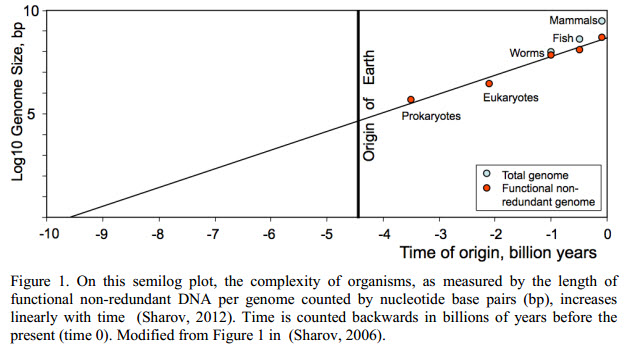I had a series of posts on Ye Olde Genomicron about what people actually said regarding "junk DNA" and non-function in the 1970s, 80s, and 90s. I have been meaning to repackage this material for a revised and more synthetic series here, but I haven't gotten around to that as yet. For the moment, here are some quotes I came across while reading a few sources for a paper I am writing.
Remember, a significant number of creationists, science writers, and molecular biologists want us to believe that non-coding DNA was totally ignored after the term "junk DNA" was published in 1972, that the authors of the "junk DNA" and "selfish DNA" papers denied any possible functions for non-coding elements, and, in the case of creationists, that "Darwinism" is to blame for this oversight. The latter of these is nonsensical as the very ideas of "junk DNA" and "selfish DNA" were postulated as antidotes to excessive adaptationist expectations based on too strong a focus on Darwinian natural selection at the organism level.
 Moore’s Law, The Origin Of Life, And Dropping Turkeys Off A Building
Moore’s Law, The Origin Of Life, And Dropping Turkeys Off A Building Genome Reduction In Bladderworts Vs. Leg Loss In Snakes
Genome Reduction In Bladderworts Vs. Leg Loss In Snakes Another Just-So Story, This Time About Fists
Another Just-So Story, This Time About Fists








 of his theory of natural selection to explain the evolution of species. He spent the next 20 years developing the theory and marshalling evidence in favour of both the fact that species are related through common descent and his particular theory to explain this. After receving word that another naturalist,
of his theory of natural selection to explain the evolution of species. He spent the next 20 years developing the theory and marshalling evidence in favour of both the fact that species are related through common descent and his particular theory to explain this. After receving word that another naturalist, 


